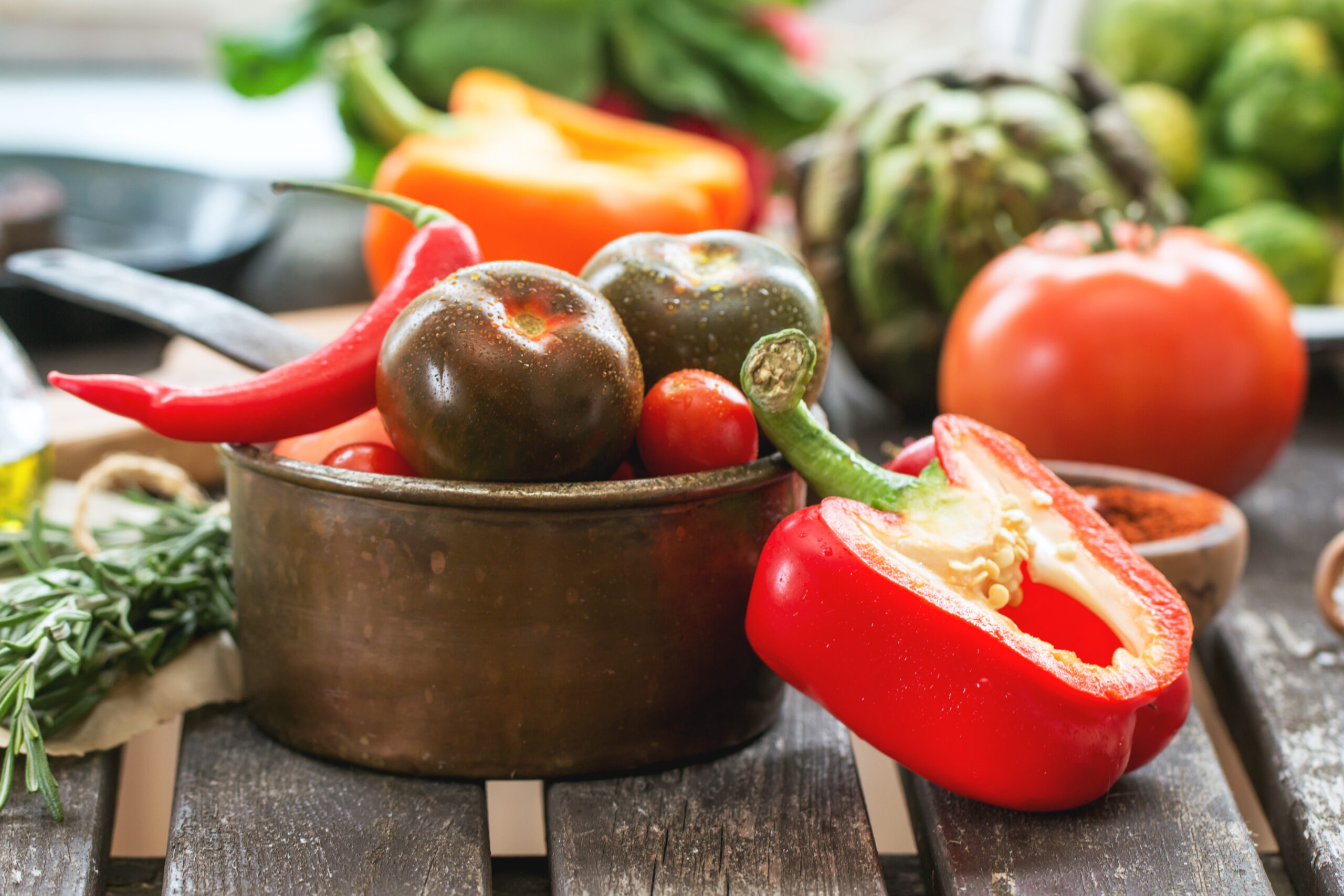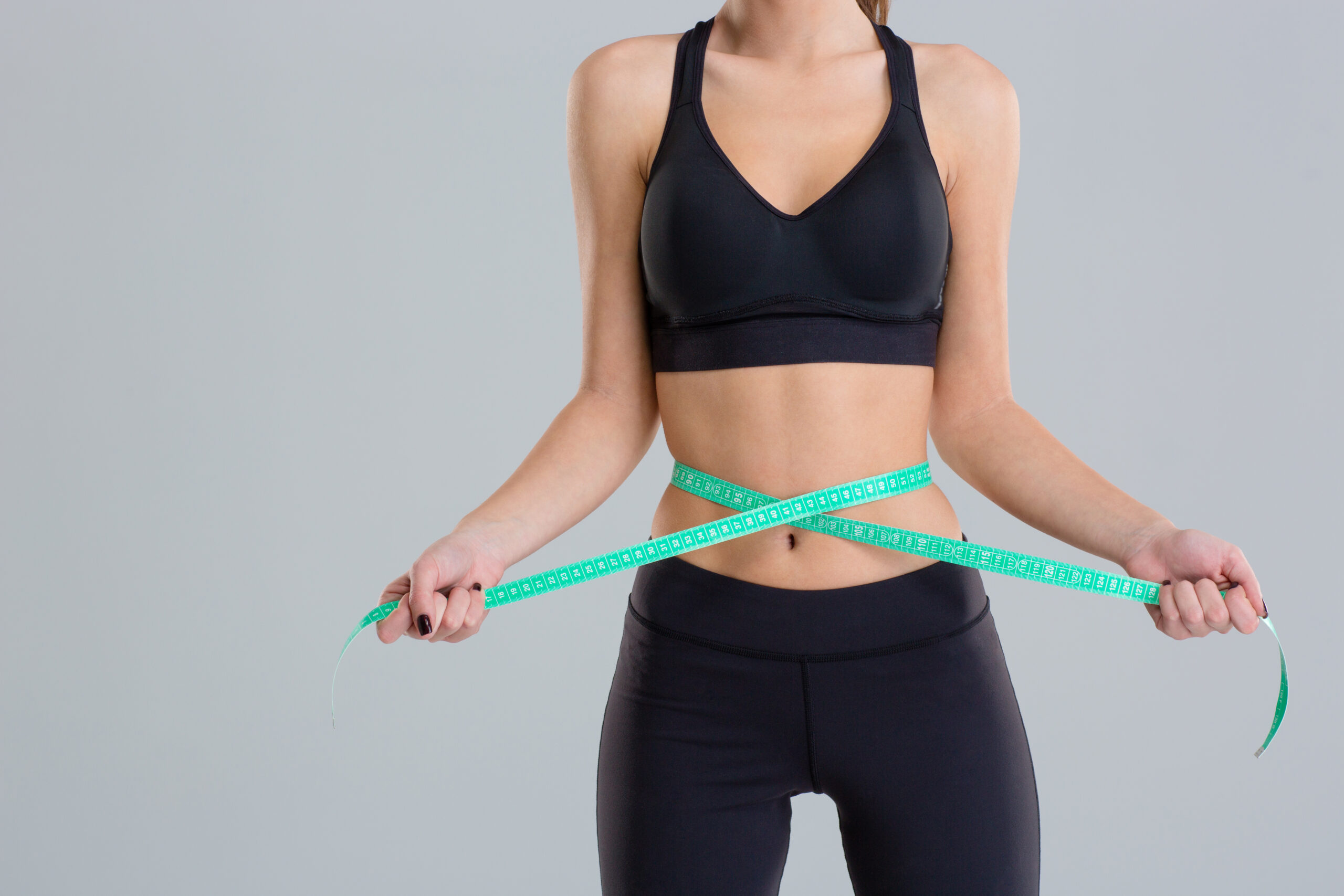Body of the Blog Post:
Hey there! Are you looking to start a diet and want some guidance on what you should (and shouldn’t) be eating? Look no further, because we have got all the information that you need. In this blog post, we will cover everything from introducing nutrition basics to maintaining a healthy lifestyle after your diet. So let’s get started with our first topic – Introduction to Dieting and Nutrition.
Introduction to Dieting and Nutrition
Dieting is not just about losing weight; it’s also about being mindful of what you eat. A balanced diet consists of consuming foods from different groups such as fruits, vegetables, grains, proteins, and dairy products. It’s essential to understand that each group provides specific nutrients that are necessary for good health. For instance, fruits and vegetables provide vitamins and minerals while protein sources offer amino acids which help build muscle tissue. Therefore, when starting a diet plan, make sure to include all these food groups in moderation.
What You Should Be Eating While Dieting
Now that we know the importance of including all food groups, here are some tips on what you should be eating while dieting:
1. Focus on whole foods: Whole foods refer to unprocessed or minimally processed foods that retain their natural nutrient content. Examples include fresh fruits, vegetables, lean meats, fish, nuts, seeds, and whole grains like brown rice and quinoa. These types of foods are typically lower in calories than packaged or processed options and can help keep you feeling full for longer periods.
2. Choose high-protein foods: Protein helps build and repair body tissues, regulate hormones, and support immune function. High-protein foods include chicken breast, turkey, fish, eggs, legumes, and low-fat dairy products. Consuming more protein can aid in weight loss by reducing appetite and increasing metabolism.
3. Limit carbohydrate intake: Carbs are an excellent source of energy but can quickly add up in calorie count if consumed excessively. To avoid overindulging, limit your intake of refined carbs found in sugary drinks, candy, white bread, pastries, etc., and opt instead for complex carbs found in whole grains, fruits, and veggies.
4. Include healthy fats: Not all fats are bad. Healthy fats found in avocados, olive oil, salmon, almonds, and walnuts can actually promote weight loss by helping you feel satiated and improving heart health.
5. Stay hydrated: Drinking water throughout the day can help prevent dehydration, improve digestion, boost metabolism, and reduce hunger pangs. Make sure to consume at least eight glasses of water per day.

What You Shouldn’t Be Eating While Dieting
While focusing on what you should be eating is crucial, equally important is knowing what you shouldn’t be consuming. Here are some things to avoid while dieting:
1. Processed foods: Packaged snacks, frozen dinners, and other highly processed foods often contain added sugar, salt, and unhealthy fats that can increase calorie counts and lead to weight gain.
2. Sugar-sweetened beverages: Soda, sports drinks, and fruit juices are loaded with sugar and empty calories that contribute nothing to your overall health. Instead, stick to water or unsweetened tea/coffee.
3. Trans fats: Found in baked goods, fried foods, and margarine, trans fats raise LDL (“bad”) cholesterol levels and decrease HDL (“good”) cholesterol levels, leading to increased risk of heart disease.
4. Salt: Excessive sodium consumption can cause fluid retention, leading to bloating and weight gain. Try seasoning your food with herbs and spices rather than reaching for the saltshaker.
How Much Food You Should be Consuming
Portion control is critical when trying to lose weight. Here are some guidelines on how much food you should be consuming:
1. Calories: Depending on your age, sex, height, weight, and activity level, you may require a certain number of calories daily to maintain your current weight. To create a deficit and promote weight loss, aim to consume fewer calories than you burn off each day.
2. Servings: The USDA recommends consuming a variety of foods from different groups daily, with recommended servings depending on your age, gender, and physical activity level. Use smaller plates and bowls to help control portion sizes.
The Importance of Exercise while Dieting

Exercise isn’t just about burning calories; it’s also vital for building muscle mass, toning your body, and promoting cardiovascular health. When combined with a healthy diet, exercise can accelerate weight loss and help maintain long-term results. Aim for at least 30 minutes of moderate-intensity aerobic activity most days of the week, along with strength training exercises two to three times per week.
Conclusion: Maintaining a Healthy Lifestyle
Remember, successful weight loss involves making permanent changes to your lifestyle, not just going on a temporary diet. By following the above tips and incorporating regular exercise into your routine, you can achieve lasting results and enjoy a healthier life.